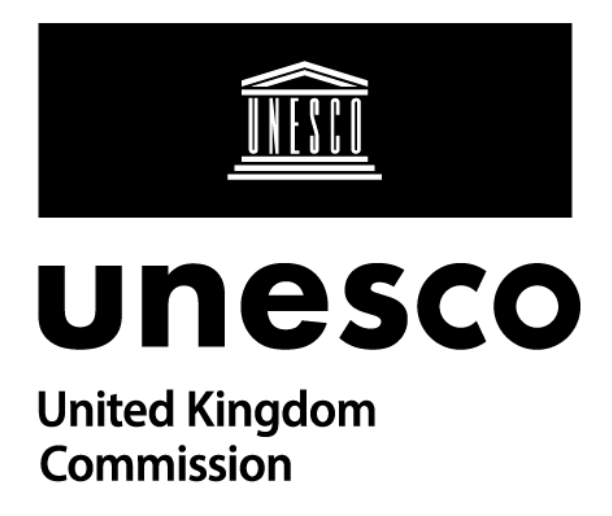 The United Nations Educational, Scientific and Cultural Organisation (UNESCO) was established in 1945 to enhance peace, security and sustainable development. It seeks to do this by fostering international collaboration and intercultural understanding through its work in education, natural and applied sciences, social and human sciences, culture, communication and information.
The United Nations Educational, Scientific and Cultural Organisation (UNESCO) was established in 1945 to enhance peace, security and sustainable development. It seeks to do this by fostering international collaboration and intercultural understanding through its work in education, natural and applied sciences, social and human sciences, culture, communication and information.
UNESCO’s founding members recognised the essential contribution that its Member States’ educational, academic, scientific and artistic communities could make towards the achievement of these aims.
The United Kingdom National Commission (UKNC) for UNESCO
The UK National Commission for UNESCO provides the link between these communities, UK government, UNESCO’s governing bodies and field offices in order to inform our national contribution to UNESCO policy and programmes. The United Kingdom National Commission for UNESCO (UKNC) has three core priorities:
- To provide independent policy advice to government on UNESCO related issues
- To support the UK government’s agenda in helping UNESCO to become more institutionally effective
- To help UK individuals and institutions to access UNESCO resources and accreditations
In carrying out these roles, the UKNC relies on advice and support from a network of experts from across England, Scotland, Wales and Northern Ireland. These experts are specialists in the fields of education, culture, the sciences and communication and information. The UK-IOC Office and its Delegation support, provide the UKNC with expert knowledge.
UKNC and UK-IOC
The UK-IOC office has developed a close working relationship with the UKNC for UNESCO over the last few years. The UK-IOC Office has contributed to two UKNC policy briefs: